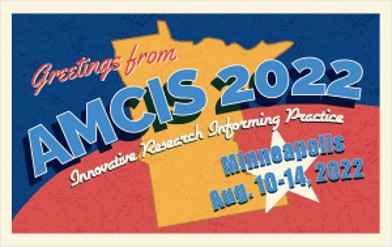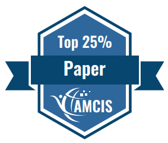VCC - Virtual Communities and Collaboration
Loading...
Paper Type
Complete
Paper Number
1401
Description
Leadership in online communities has received research attention in the past ten years. Given the popularity of online communities and practical challenges facing community operation and sustainability, understanding leadership in online communities has great practical and theoretical significance. We systematically collect and analyze the past ten years of research on leadership in online communities. By differentiating socio-oriented and technical-oriented leadership, we propose an integrative framework to link various leadership manifestations and the corresponding outcomes. While four types of outcomes emerge from our review, existing studies exhibit major interests in member participation, and the other three types of outcomes (i.e., task, team, and community outcomes) are less known. In addition, there is a lack of understanding of the boundary conditions, opening avenues for future research. This review study contributes to online leadership research by offering a holistic view of leadership mechanisms in online communities and identifying emerging research directions.
Recommended Citation
Lu, Xuecong; Jiang, Jinglu; Head, Milena; and Yang, Junyi, "A Systematic Review of Leadership in Online Communities: Social Leaders, Technical Leaders, and Impacts" (2022). AMCIS 2022 Proceedings. 10.
https://aisel.aisnet.org/amcis2022/vcc/vcc/10
A Systematic Review of Leadership in Online Communities: Social Leaders, Technical Leaders, and Impacts
Leadership in online communities has received research attention in the past ten years. Given the popularity of online communities and practical challenges facing community operation and sustainability, understanding leadership in online communities has great practical and theoretical significance. We systematically collect and analyze the past ten years of research on leadership in online communities. By differentiating socio-oriented and technical-oriented leadership, we propose an integrative framework to link various leadership manifestations and the corresponding outcomes. While four types of outcomes emerge from our review, existing studies exhibit major interests in member participation, and the other three types of outcomes (i.e., task, team, and community outcomes) are less known. In addition, there is a lack of understanding of the boundary conditions, opening avenues for future research. This review study contributes to online leadership research by offering a holistic view of leadership mechanisms in online communities and identifying emerging research directions.
When commenting on articles, please be friendly, welcoming, respectful and abide by the AIS eLibrary Discussion Thread Code of Conduct posted here.




Comments
VCC